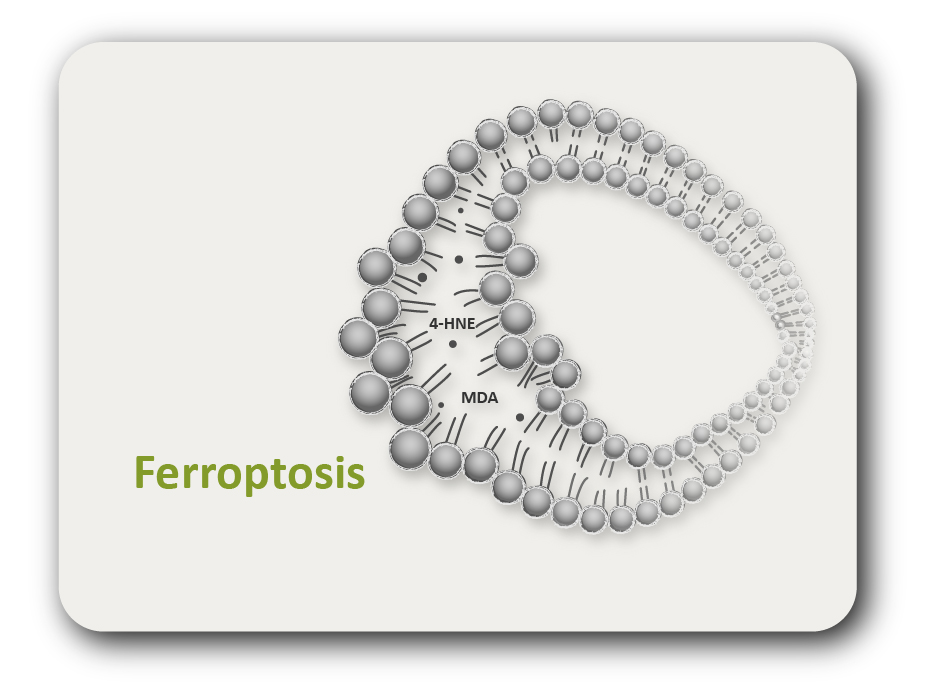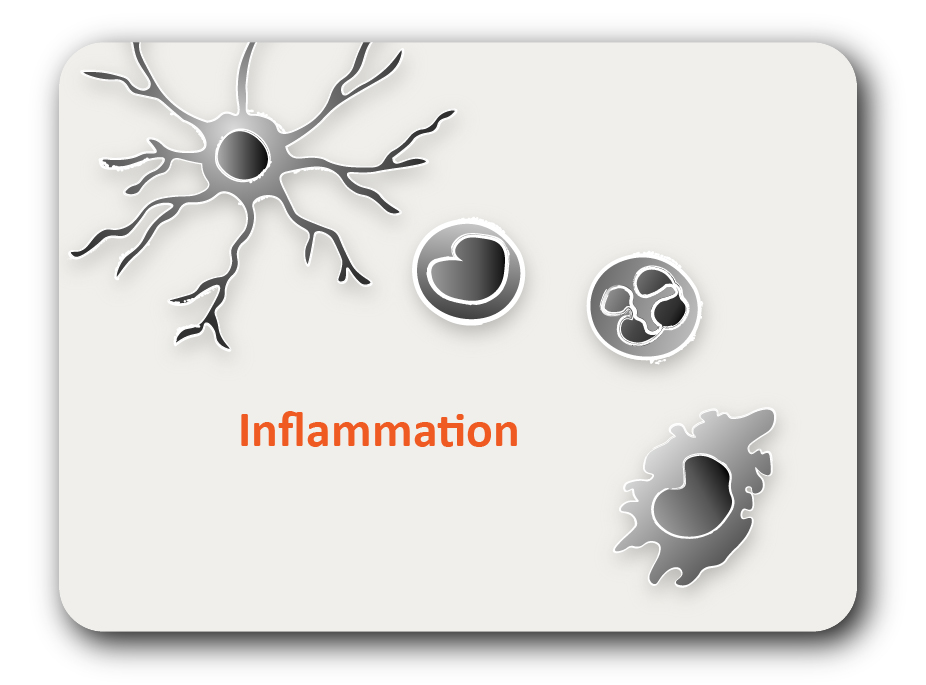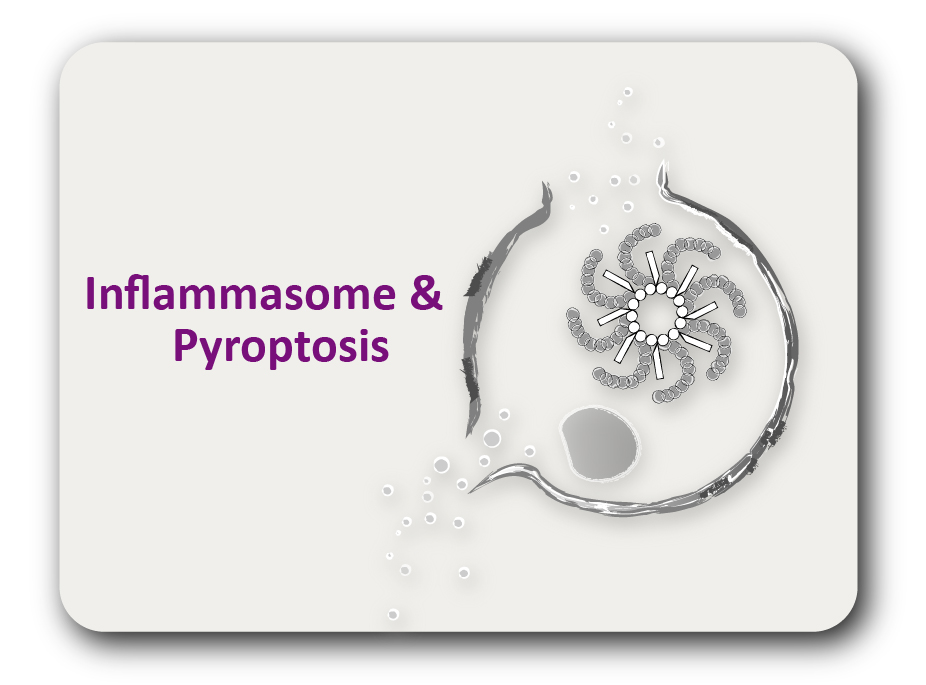ARG10040
anti-CCL2 / MCP1 antibody [S101] (Biotin)
anti-CCL2 / MCP1 antibody [S101] (Biotin) for ELISA and Human
Cancer antibody; Cell Biology and Cellular Response antibody; Immune System antibody; Metabolism antibody
概述
| 产品描述 | Biotin-conjugated Mouse Monoclonal antibody [S101] recognizes CCL2 / MCP1 |
|---|---|
| 反应物种 | Hu |
| 应用 | ELISA |
| 特异性 | Does not react with human interleukin-8 (IL-8) and other human cytokines tested such as interleukin-1β (IL-1β), serum amyloid A (SAA) and epidermal growth factor (EGF). |
| 宿主 | Mouse |
| 克隆 | Monoclonal |
| 克隆号 | S101 |
| 同位型 | IgG1, kappa |
| 靶点名称 | CCL2 / MCP1 |
| 抗原物种 | Human |
| 抗原 | Purified recombinant Human CCL2 / MCP1. |
| 偶联标记 | Biotin |
| 別名 | MCP1; Monocyte chemotactic and activating factor; MCAF; Monocyte chemotactic protein 1; Monocyte secretory protein JE; HSMCR30; Small-inducible cytokine A2; HC11; SMC-CF; GDCF-2; SCYA2; C-C motif chemokine 2; Monocyte chemoattractant protein 1; MCP-1 |
应用说明
| 应用说明 | ELISA: In combination with capture antibody S14 (Cat. No.: ARG10008) and avidin-HRP conjugate, this biotin conjugated antibody can be used as tracer for detection of human MCP-1 in sandwich ELISA. * The dilutions indicate recommended starting dilutions and the optimal dilutions or concentrations should be determined by the scientist. |
|---|
属性
| 形式 | Liquid |
|---|---|
| 纯化 | Protein G affinity purified |
| 缓冲液 | 0.01M PBS (pH 7.2), 1% Gelatin and 0.1% Proclin-300 |
| 抗菌剂 | 0.1% Proclin-300 |
| 稳定剂 | 1% Gelatin |
| 存放说明 | For continuous use, store undiluted antibody at 2-8°C for up to a week. For long-term storage, aliquot and store at -20°C or below. Storage in frost free freezers is not recommended. Keep the antibody in the dark and keep protected from prolonged exposure to light. Avoid repeated freeze/thaw cycles. Suggest spin the vial prior to opening. The antibody solution should be gently mixed before use. |
| 注意事项 | For laboratory research only, not for drug, diagnostic or other use. |
生物信息
| 数据库连接 | |
|---|---|
| 基因名称 | CCL2 |
| 全名 | chemokine (C-C motif) ligand 2 |
| 背景介绍 | This gene is one of several cytokine genes clustered on the q-arm of chromosome 17. Chemokines are a superfamily of secreted proteins involved in immunoregulatory and inflammatory processes. The superfamily is divided into four subfamilies based on the arrangement of N-terminal cysteine residues of the mature peptide. This chemokine is a member of the CC subfamily which is characterized by two adjacent cysteine residues. This cytokine displays chemotactic activity for monocytes and basophils but not for neutrophils or eosinophils. It has been implicated in the pathogenesis of diseases characterized by monocytic infiltrates, like psoriasis, rheumatoid arthritis and atherosclerosis. It binds to chemokine receptors CCR2 and CCR4. [provided by RefSeq, Jul 2013] |
| 生物功能 | Chemotactic factor that attracts monocytes and basophils but not neutrophils or eosinophils. Augments monocyte anti-tumor activity. Has been implicated in the pathogenesis of diseases characterized by monocytic infiltrates, like psoriasis, rheumatoid arthritis or atherosclerosis. May be involved in the recruitment of monocytes into the arterial wall during the disease process of atherosclerosis. [UniProt] |
| 产品亮点 | Related products: MCP1 antibodies; MCP1 ELISA Kits; MCP1 Duos / Panels; Anti-Mouse IgG secondary antibodies; Related news: HMGB1 in inflammation Inflammatory Cytokines |
| 研究领域 | Cancer antibody; Cell Biology and Cellular Response antibody; Immune System antibody; Metabolism antibody |
| 预测分子量 | 11 kDa |
| 翻译后修饰 | Processing at the N-terminus can regulate receptor and target cell selectivity. Deletion of the N-terminal residue converts it from an activator of basophil to an eosinophil chemoattractant. |





